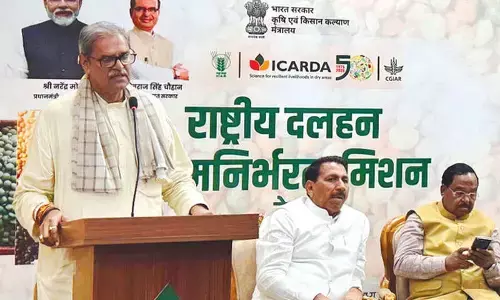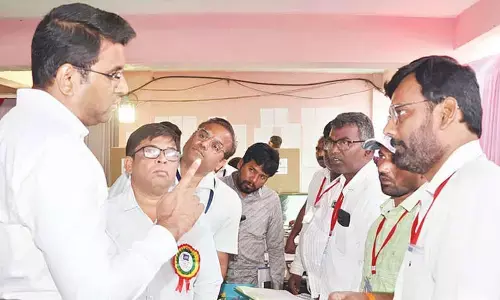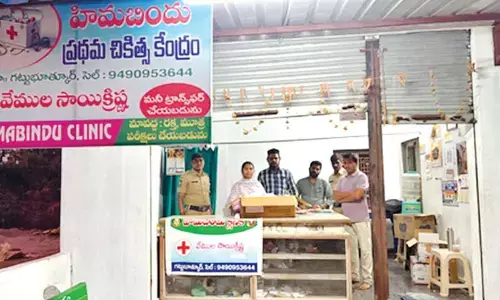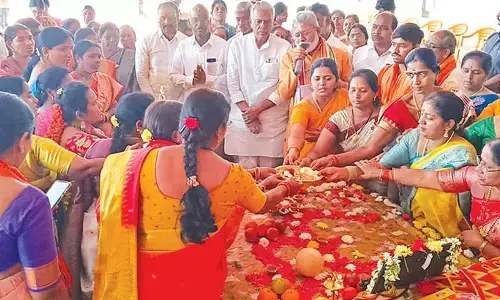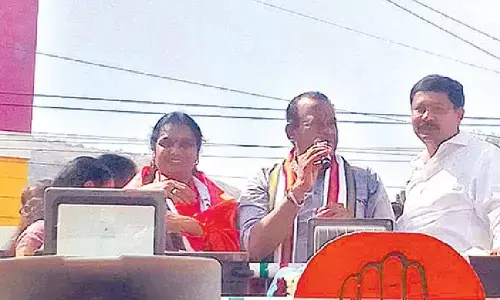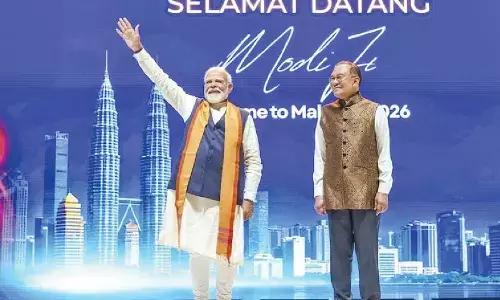The electoral system in India

India, the world’s largest democracy, boasts a vibrant and complex election system that plays a pivotal role in shaping the country’s political landscape.
India, the world’s largest democracy, boasts a vibrant and complex election system that plays a pivotal role in shaping the country’s political landscape. With over 97 crore eligible voters, the Indian election system is not only vast but also significant in determining the nation’s governance and direction. In this article, we delve into the intricacies of India’s election system and explore its profound significance.
India’s tryst with democracy dates back to its independence in 1947 when it adopted a parliamentary form of government. The first general elections in 1952 marked a monumental moment as Indians exercised their right to vote, setting the stage for a democratic tradition that has endured for decades. Since then, India has conducted re gular elections, solidifying its status as a democratic giant in the global arena.
The Indian election system operates under the supervision of the Election Commission of India (ECI), an autonomous body tasked with overseeing the entire electoral process. Elections are conducted at various levels - national, state, and local - with each level contributing to the overall democratic framework. At the national level, the Lok Sabha elections, held every five years, determine the composition of the lower house of Parliament. Voters elect representatives to the 543 constituencies, with the majority party or coalition forming the government. Similarly, at the state level, Assembly elections are conducted to elect members to the legislative assemblies, shaping the state governments.
India’s election system facilitates the active participation of its diverse population, providing a platform for citizens to voice their opinions and elect their representatives.
This inclusivity strengthens the democratic fabric of the nation, ensuring that every voice is heard. With its federal structure, India’s election system ensures proportional representation at both the national and state levels. This allows for regional diversity and ensures that the interests of various communities are adequately represented in the decision-making process. Elections serve as a mechanism to hold elected representatives accountable for their actions. The power to vote enables citizens to evaluate the performance of their leaders and make informed choices during elections, thereby fostering transparency and accountability in governance.
Despite its vastness and diversity, India’s election system has demonstrated remarkable stability over the years. Smooth transitions of power after each election highlight the strength of India’s democratic institutions and contribute to the nation’s political continuity.
While India’s election system has garnered praise for its democratic fervor, it also faces several challenges. Issues such as electoral malpractices, money power, and the influence of caste and religion pose significant hurdles to the integrity of the electoral process. In response, the ECI has implemented various reforms, including the use of electronic voting machines (EVMs), voter education programs, and stringent regulations to curb electoral misconduct.
India’s election system stands as a testament to the country’s commitment to democracy and pluralism. By providing a platform for political expression and representation, it empowers millions of citizens to shape the nation’s future. As India continues its journey as the world’s largest democracy, the significance of its election system remains paramount in upholding the principles of freedom, equality, and justice.









